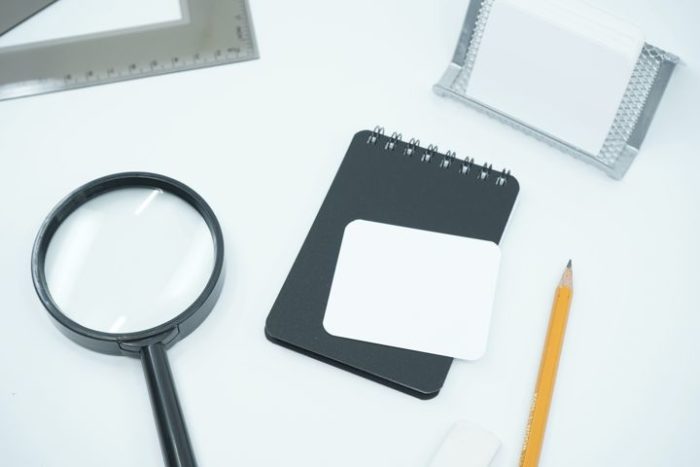
The study “How Do Investigative Journalists Initiate Their Stories?” by Lena Wuergler and Pauline Cancela from University of Neuchâtel interviewed Swiss investigative journalists to uncover the origin of investigative stories.
Investigative journalism is seen contradictingly as both the way for journalism to survive amidst the changes to the journalistic ecosystem and as an endangered species. Many perceive it as exemplifying the highest values of the profession and it is a way to produce stories that stand out from the news cycle.
The opposite of investigative journalism is communicative journalism. While investigative journalism is proactive, communication journalism is reactive. Investigative journalism is defined as something that starts from the journalist’s own initiative, but previous research has neglected analyzing what it means for a story to originate from the journalist.
The authors used a combination of methods. First, a nine-month corpus of investigative articles from a diverse array of six newspapers was built. The articles were collected until the data saturation point. This corpus was then analyzed with the analytical grid of intertextuality and interdiscursivity. Lastly, the data from this analysis was triangulated with 23 narrative interviews of Swiss investigative journalists.
The results showed that investigative journalism in Switzerland is more reactive than proactive. Many of the stories looked more closely on already reported events, e.g. they were follow-up stories, rather than investigative journalism setting its own agenda.
The reason for this reactivity is that communicative journalism is most often the source of the investigative stories. Nevertheless, the interviews revealed that investigative journalists, when commenting on an investigative story that started from a press conference, view it as ‘not a good example’ and thus not purely investigative.
Another form of investigative journalism that was common are the leaked stories. Leaked stories are contested as a form of investigative journalism – some professionals consider it to not be investigative journalism, but on the other hand, it central in the French “affair” type of investigative journalism.
There were also tip-off stories, which rely heavily on the sources. They are often specific to a journalist rather than a news organization – meaning that the journalists brings the tip-offs to a new newspaper if they change their employer.
Lastly, the authors classified stories that were exclusive scoops and did not contain information about the source as project stories. This included borderline articles that emerged from social and political contexts, and data reporting about information that the journalist had gathered.
The results revealed that Swiss investigative journalism operates at two speeds: the short-term follow-up investigations and the long term project stories. These two levels could be observed on individual, organizational, and ecosystem levels. The feedback loop consisted of three concentric circles: the environment, the actors (the journalists), and the productions.
In conclusion, even though investigative journalism is seen as the best and purest form of journalism, it is largely dependent on the traditional media system. Although follow-up stories were partly reactive, the investigative ecosystem would be considerably weaker without them. Systemically, the feedback loop of the ecosystem has a positive effect.
The article “How Do Investigative Journalists Initiate Their Stories?” by Lena Wuergler and Pauline Cancela is in Journalism Practice. (open access).
Picture: Untitled by Mediamodifier @mediamodifier
License Unsplash.